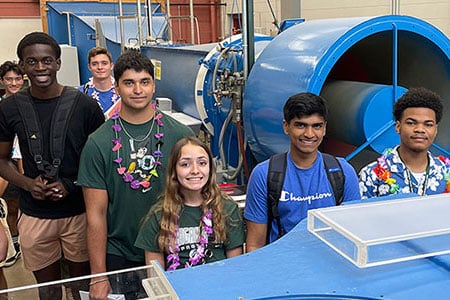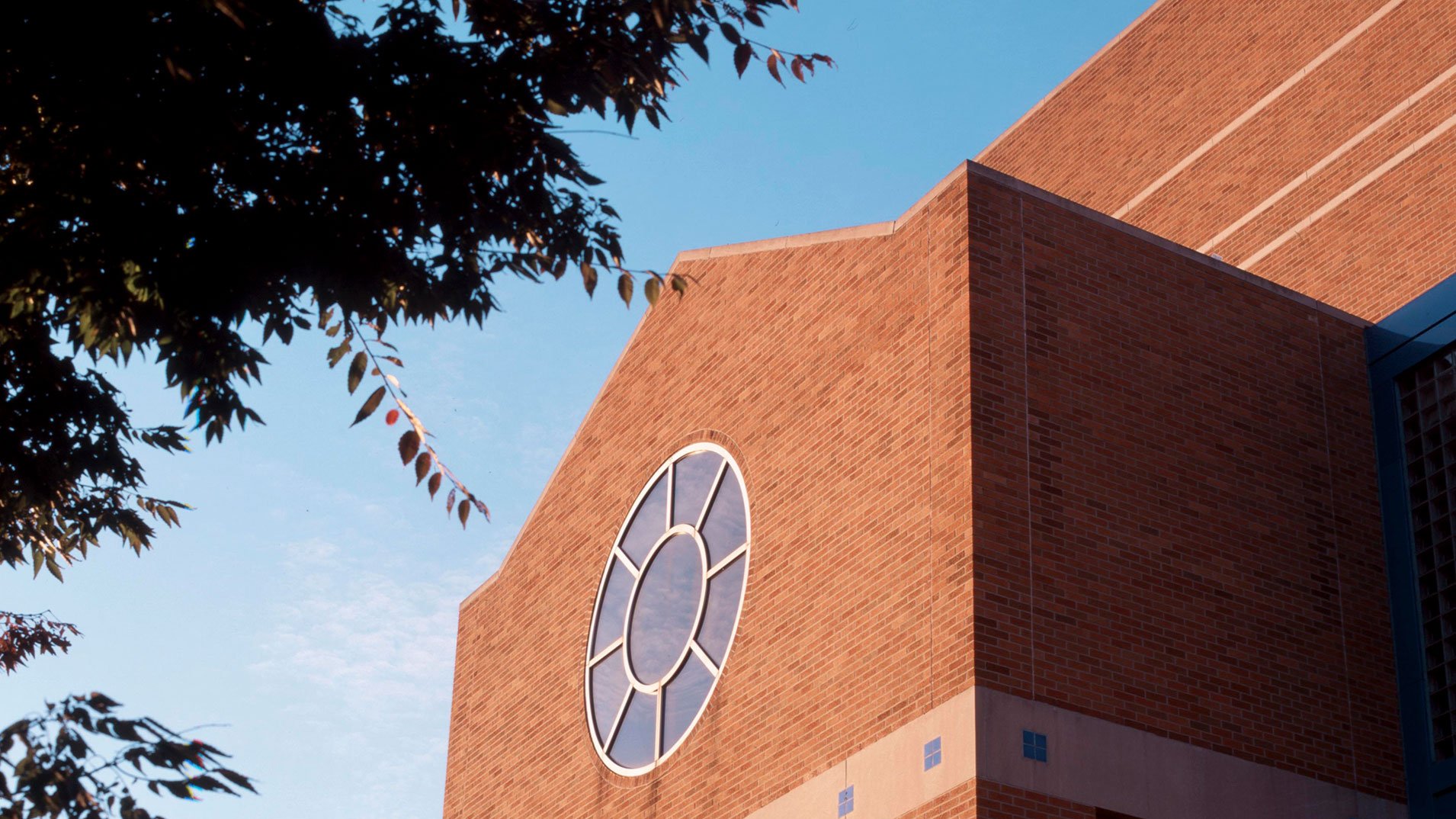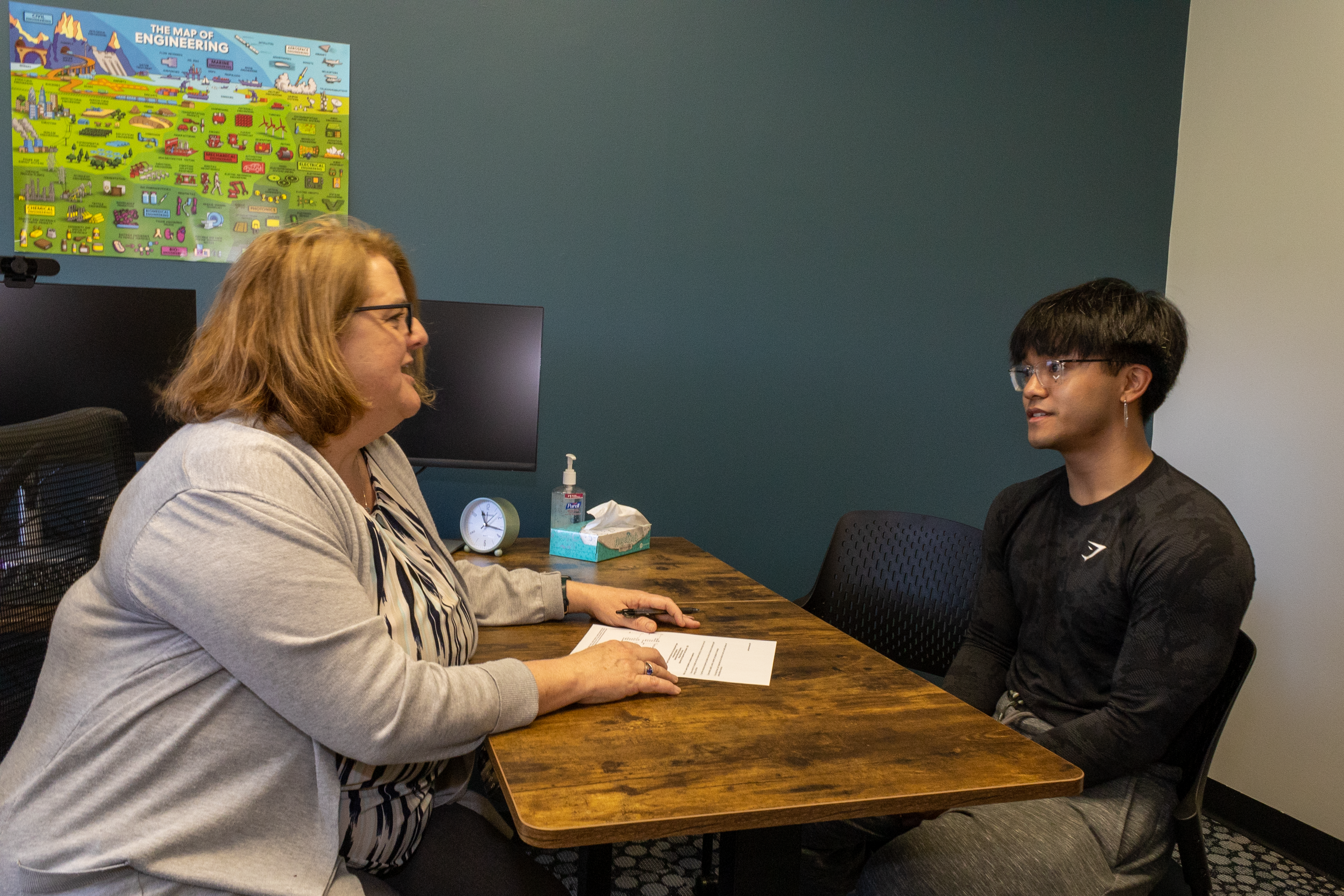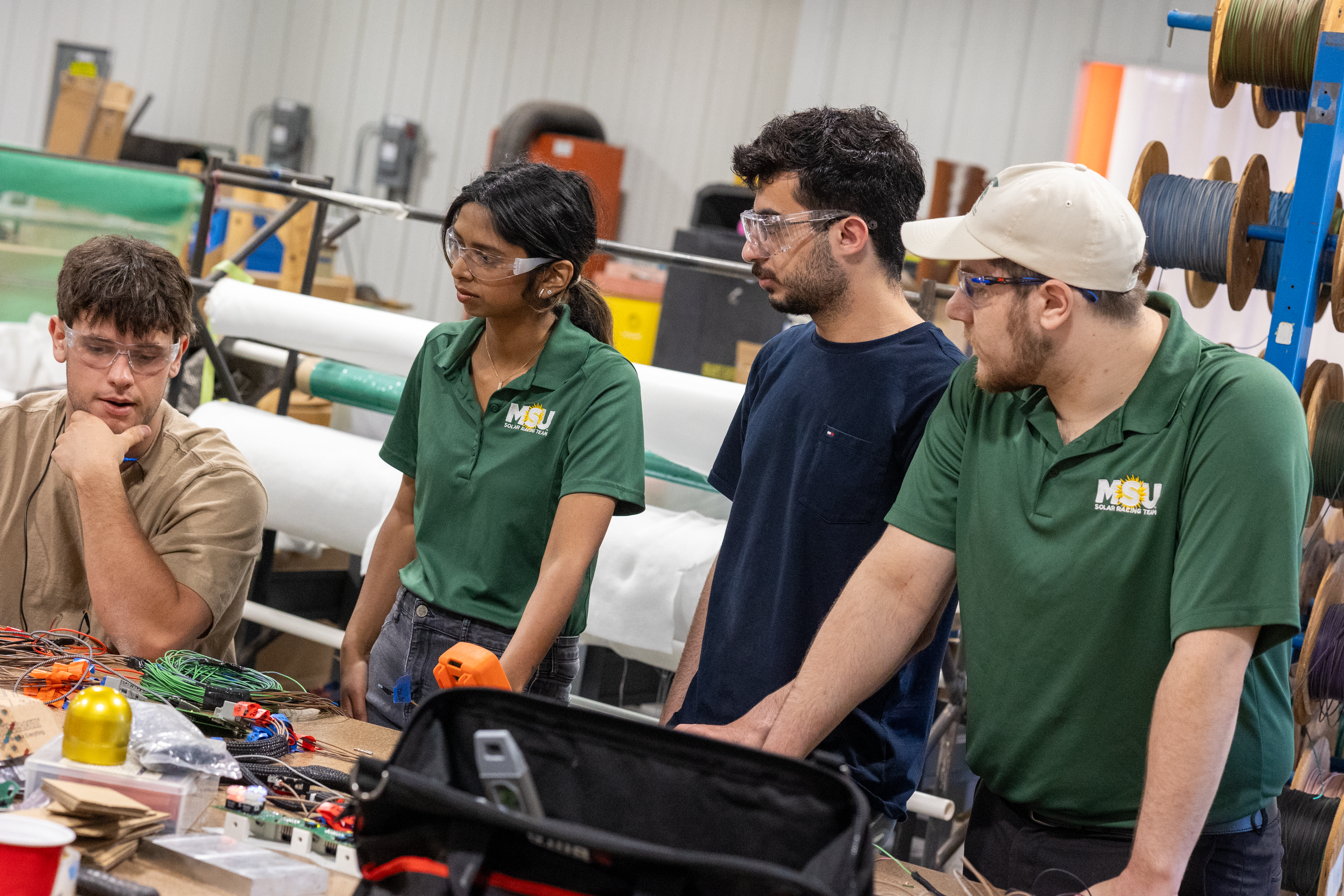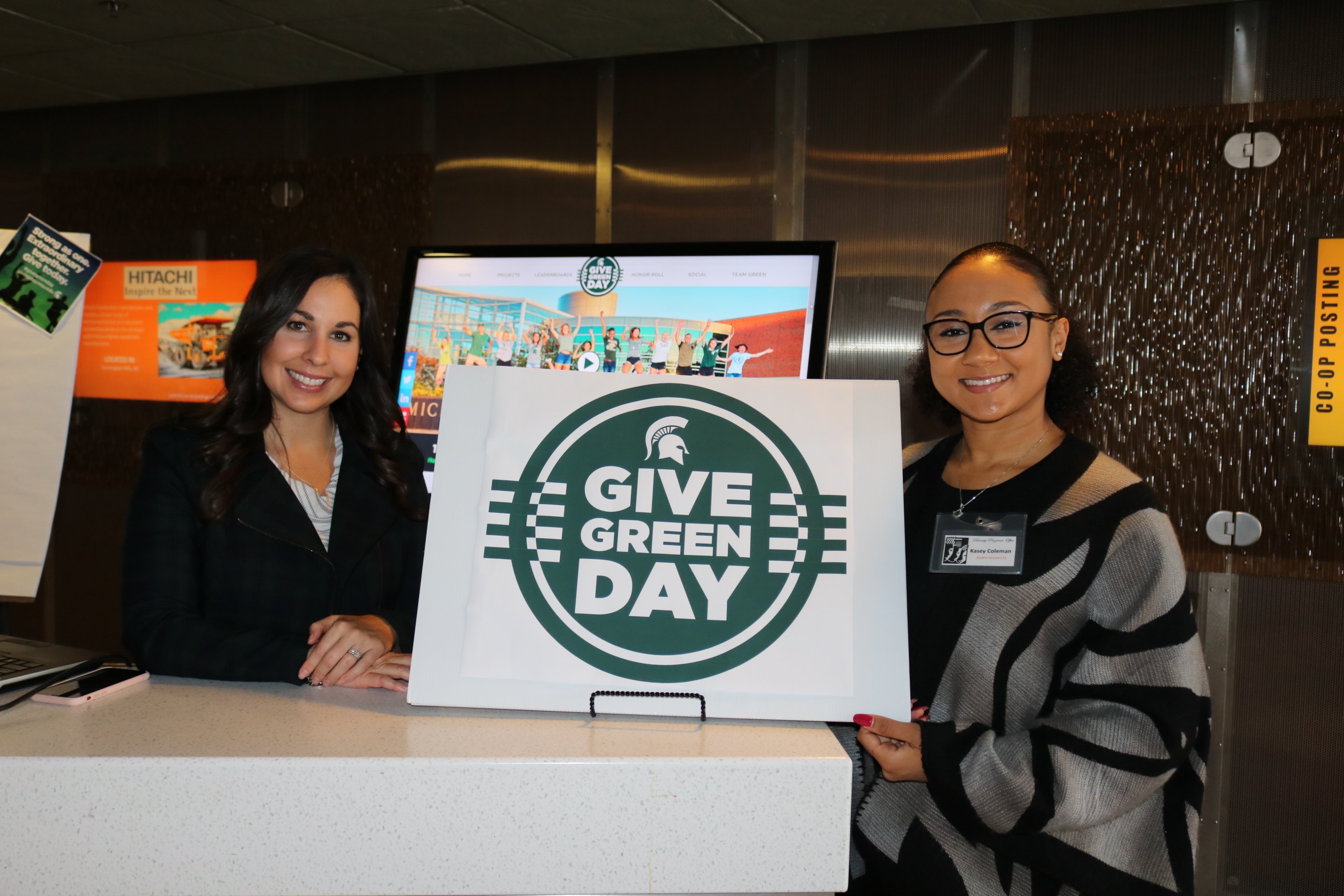
Four hundred and thirty-five students later, Michigan State University is proving a point.
MSU has established a way to take students from underrepresented populations and help them find academic and professional success in Science, Technology, Engineering and Mathematics (STEM) fields, where many high-paying engineering and technology jobs await.
"We've been at this since 2007," explained Kyle Foster, director of the Diversity Programs Office (DPO) in the College of Engineering, "and can now report some phenomenal results."
Foster is talking about MSU's Engineering and Science Success Academy (ESSA) - a seven-week summer residential program for high school students from underrepresented populations. MSU and the Michigan Louis Stokes Alliance for Minority Participation (MI-LSAMP) collaborate to acclimate incoming freshmen to the academic and environmental aspects of college life.
ESSA creates a supportive transition for high school students entering college by helping them overcome a common STEM stumbling block - mathematics.

"Math is an indicator of success in STEM," Foster said, "so we target students who are interested in STEM but are not calculus-ready. MSU aims at students who are high-risk, high-reward. ESSA is proving to be tremendously successful at that."
Consider the 46 students in ESSA in the summer of 2018. Foster said 78 percent of the students who took early algebra this summer were eligible to move into the next math class by the end of the program.
That statistic is up from 47 percent the year before. In trigonometry, half the students were able to move up. Overall, 84 percent increased their math placement scores (up from 73 percent last year).
"ESSA helps high-risk math students transition from high school to college because we connect them to resources and staff who can assist in tutoring, advising, academic coaching and other college readiness skills, like presentations and interviewing," he explained.
"By the time fall comes, these students are ready to hit the ground running in college," he added.
Theo Caldwell, assistant dean of student inclusion and diversity in the MSU College of Engineering and former DPO director, said ESSA is unique because it is tied to MSU's land-grant mission.
"We're preparing students to be admitted to MSU," Caldwell said. "They are very good students and just haven't had the right opportunities yet. To assure they are successful, we work to close the gaps," Caldwell said.
ESSA does more than just work on math comprehension and confidence skills. The time-tested structure includes college-level courses, career exploration with field trips, and community building with peers of similar interests.

For ESSA students who matriculate into MSU, DPO provides ongoing support. One of the most popular is the Guided Learning Center - a space for tutoring sessions in math, science and engineering in a friendly setting where students get to know other Spartan Engineering students and support staff.
Academic and environmental supports also include opportunities in undergraduate research, along with learning to negotiate job and graduate school offers.
"DPO is focused on helping students transition into college and then developing the skills they need to be successful," Foster added.
Diversity Programs Office
The college's Diversity Programs Office is an award-winning effort that dates to 1968 at MSU. Its most recent recognition was presented in February when Caldwell accepted the "Unit Award for Excellent Progress Toward Advancing Diversity Within the Community" as part of MSU's celebration of Black History Month.
Caldwell said the award was based on DPO's ongoing contributions to support the academic success, social well being, and inclusion of students from historically underrepresented groups in STEM at MSU.
In addition to the ESSA program, DPO collaborates with similar efforts at MSU, including:
• the Drew Science Scholars program in the College of Natural Science,
• the Lyman Briggs College to support the success and well-being of its diverse students,
• the Summer Undergraduate Research Academy enabling students to develop connections,
• the TRIO program supporting low-income first-generation students, and
• the Detroit Pre-College Engineering Program to engage K-12 students in strengthening their STEM skills.
• the MSU chapters of the National Society of Black Engineers and the Society of Hispanic Professional Engineers.
Other key collaborations include the Big Ten Academic Alliance's Summer Research Opportunity Program, the MSU Graduate School, the Bio/Computational Evolution in Action CONsortium office, the Dow STEM Scholars program, and the Office of Undergraduate Research.
